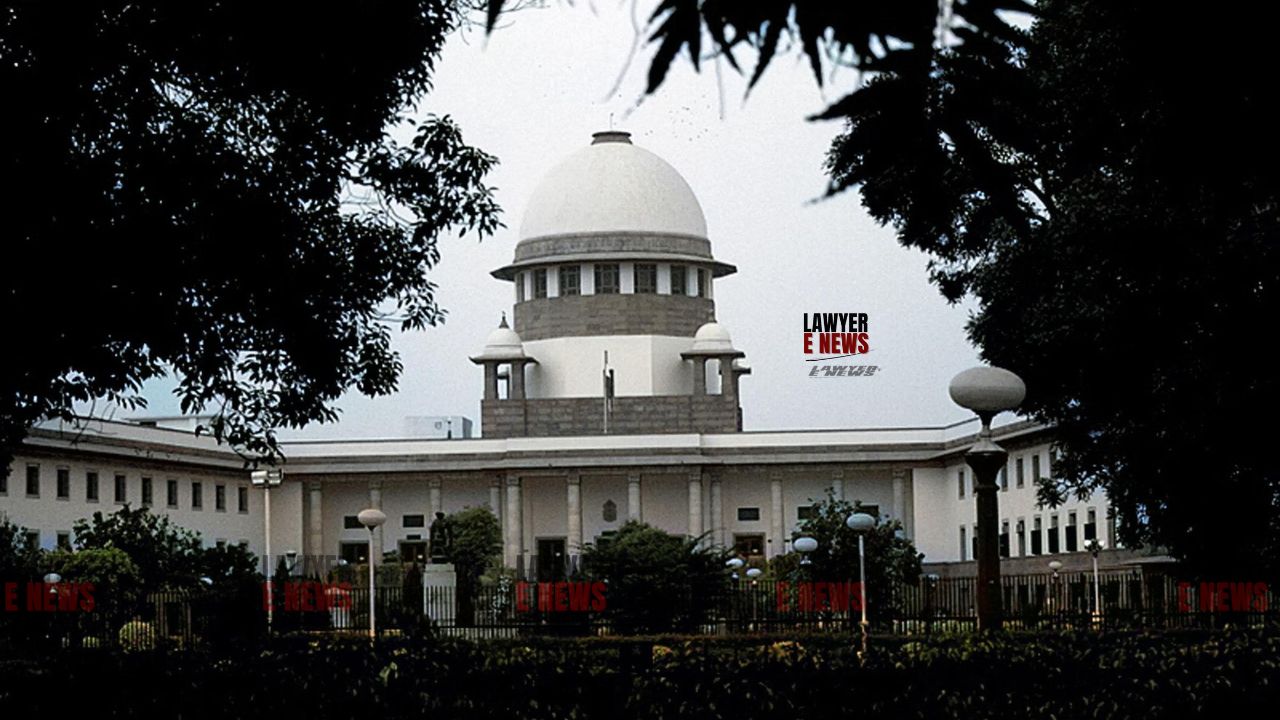-
by Admin
15 February 2026 5:01 PM



Supreme Court overturned the Punjab and Haryana High Court’s decision to restore the lease of a booth site to the original allottees despite their repeated defaults in payments. The Supreme Court ruled that statutory authorities’ orders to cancel the lease were valid and emphasized that proxy litigation by an alleged tenant could not circumvent due process. The judgment, delivered by a bench comprising Justice Bela M. Trivedi and Justice Satish Chandra Sharma, reinstated the resumption of the property by the Chandigarh Administration.
The Supreme Court noted that the High Court erred in quashing the cancellation of the lease by the statutory authorities. The original allottees had purchased Booth Site No. 14, Sector 46-C, Chandigarh, on a 99-year lease in an auction held on February 12, 1989. While the allotment required payment of the remaining 75% of the premium in three installments, the allottees defaulted on payments despite multiple notices. After several opportunities were provided, the Estate Officer canceled the lease on November 20, 1991, which was affirmed by the Chief Administrator and Advisor. The High Court, however, restored the lease, citing procedural lapses in serving notices to an alleged tenant, M/s. Mohit Medicos.
The Supreme Court held: "The High Court committed a gross error by restoring the lease when the original allottees had repeatedly failed to comply with payment obligations and when due process had been followed by statutory authorities."
The Court dismissed the claims of M/s. Mohit Medicos, who alleged tenancy rights and argued that the lack of notice to them vitiated the resumption order. The Court emphasized that the alleged tenant provided no evidence of a lease agreement or any landlord-tenant relationship with the original allottees. It held that M/s. Mohit Medicos had no legal standing to challenge the resumption orders.
"The alleged tenant's litigation is nothing but a proxy attempt to circumvent the consequences of the allottees’ non-compliance. Such abuse of process cannot be countenanced," the bench observed.
The Supreme Court clarified that statutory authorities had complied with all procedural requirements in canceling the lease. It also rejected the High Court’s reasoning that the absence of notice to the alleged tenant vitiated the resumption. The Court held that when the original allottees fail to comply with their obligations, statutory authorities are under no obligation to notify unrelated third parties who lack proof of tenancy.
The appeals were allowed, and the High Court’s judgment was set aside. The Court upheld the statutory authorities’ decision to cancel the lease due to the allottees’ repeated defaults in payments and rejected the proxy litigation filed by the alleged tenant.
The judgment reinforces the principle that statutory decisions made after following due process should not be interfered with lightly by courts. It also discourages third-party litigants from abusing judicial mechanisms to evade legitimate outcomes.
Date of Decision: December 10, 2024
